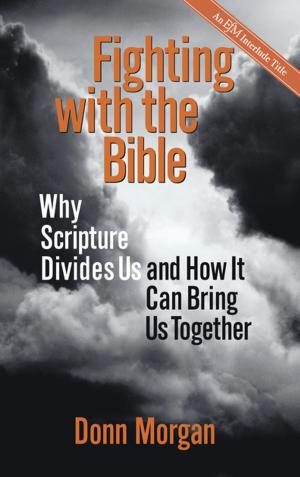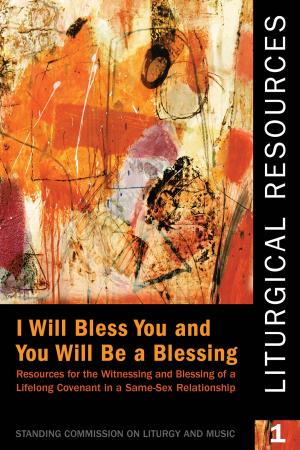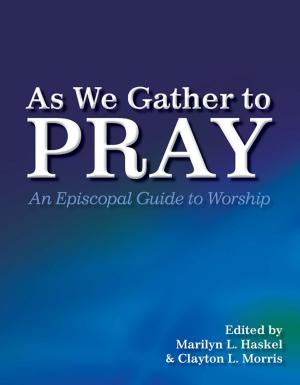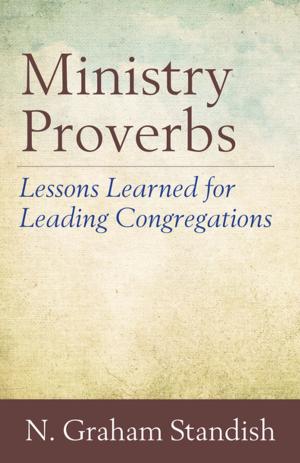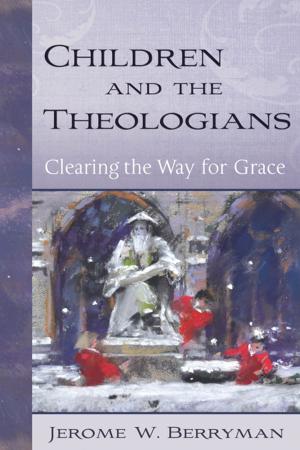Contemplating God Changing the World
Nonfiction, Religion & Spirituality, Christianity, Church, Church & State| Author: | Mario L. Aguilar | ISBN: | 9781596272118 |
| Publisher: | Church Publishing Inc. | Publication: | January 1, 2009 |
| Imprint: | Seabury Books | Language: | English |
| Author: | Mario L. Aguilar |
| ISBN: | 9781596272118 |
| Publisher: | Church Publishing Inc. |
| Publication: | January 1, 2009 |
| Imprint: | Seabury Books |
| Language: | English |
“Mario Aguilar skillfully, elegantly, and clearly presents the life and thought of some of the major spiritual forces of our time as a starting point for his own compelling reflections on the relationship between contemplation and politics... We need more books like this one.” —Professor Ivan Petrella, University of Miami Contemplation and political action defined the lives and work of six of the most inspiring Christian leaders of the twentieth century: Thomas Merton, Ernesto Cardenal, Daniel Berrigan, Sheila Cassidy, Desmond Tutu, and Mother Teresa. Each one embraced a silent, purposeful life of prayer, contemplation, and conversation with God, which the author contends was the very foundation for their public activism. Aguilar profiles these outstanding religious figures, illustrating how their contemplation of God gave them courage and understanding not just to grow in personal holiness, but to become one with God through responding to the needs of others. It was their spiritual life that gave them the energy, commitment, and strength to help feed the hungry, clothe the naked, and liberate the oppressed, even in the darkest, most difficult times. Yet, as Aguilar shows, it is not just a chosen few who are called to combine prayer with political action: through the regular contemplation of God, all Christians can be empowered to work toward social transformation and a just world.
“Mario Aguilar skillfully, elegantly, and clearly presents the life and thought of some of the major spiritual forces of our time as a starting point for his own compelling reflections on the relationship between contemplation and politics... We need more books like this one.” —Professor Ivan Petrella, University of Miami Contemplation and political action defined the lives and work of six of the most inspiring Christian leaders of the twentieth century: Thomas Merton, Ernesto Cardenal, Daniel Berrigan, Sheila Cassidy, Desmond Tutu, and Mother Teresa. Each one embraced a silent, purposeful life of prayer, contemplation, and conversation with God, which the author contends was the very foundation for their public activism. Aguilar profiles these outstanding religious figures, illustrating how their contemplation of God gave them courage and understanding not just to grow in personal holiness, but to become one with God through responding to the needs of others. It was their spiritual life that gave them the energy, commitment, and strength to help feed the hungry, clothe the naked, and liberate the oppressed, even in the darkest, most difficult times. Yet, as Aguilar shows, it is not just a chosen few who are called to combine prayer with political action: through the regular contemplation of God, all Christians can be empowered to work toward social transformation and a just world.


